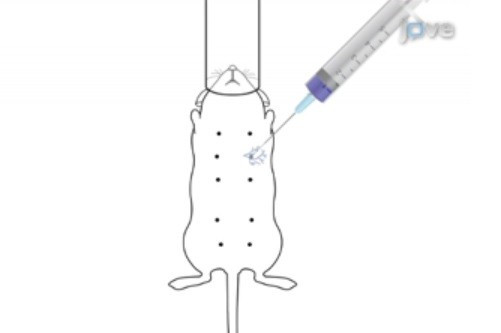Nipple Injections Offer Direct Treatment for Breast Cancer

Nipple injections offer a potential breakthrough technique in treating breast cancer, scientists have said.
By targeting drugs directly into the milk ducts - the most common origin of breast cancer - researchers are able to spare healthy regions of the body.
Published in the Journal of Visualised Experiments, the team found injecting drugs directly into mice nipples stopped cancer progression.
Silva Krause of Harvard Medical School, one of the researchers behind the experiment, said: "Local delivery of therapeutic agents into the breast, through intra-nipple injection, could diminish the side-effects typically observed with systemic chemotherapy - where the toxic drugs pass through all of the tissues of the body.
"It also prevents drug breakdown by the liver, for example, which can rapidly reduce effective drug levels."
"The authors have utilised this technique to inject a new nanoparticle-based therapeutic that inhibits a specific gene that drives breast cancer formation.
"This targeted treatment was shown to prevent cancer progression in mice that spontaneously develop mammary tumours, and is currently in review in Science Translational Medicine."
Their treatment method comes as researchers find walking can help to reduce breast cancer risk.

A study published in the journal Cancer Epidemiology, Biomarkers & Prevention found that postmenopausal women who walked for at least seven hours a week had a 14% reduced risk of breast cancer.
Women who engaged in at least an hour of vigorous physical exercise every day had a 25% lower risk.
Alpa Patel, senior epidemiologist at the American Cancer Society, said: "Given that more than 60 percent of women report some daily walking, promoting walking as a healthy leisure-time activity could be an effective strategy for increasing physical activity among postmenopausal women.
"We were pleased to find that without any other recreational activity, just walking an average of one hour per day was associated with lower risk of breast cancer in these women."
"Current guidelines recommend that adults should strive to get at least 2.5 hours per week of moderate-intensity activity, or 75 minutes per week of vigorous-intensity aerobic activity for overall health. Higher levels of activity may provide greater benefit for breast cancer prevention."
© Copyright IBTimes 2025. All rights reserved.






















